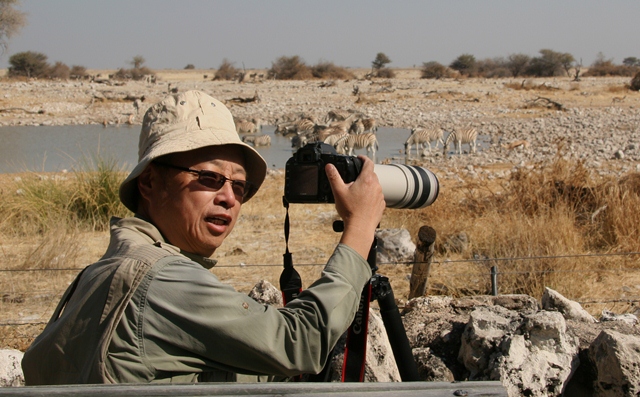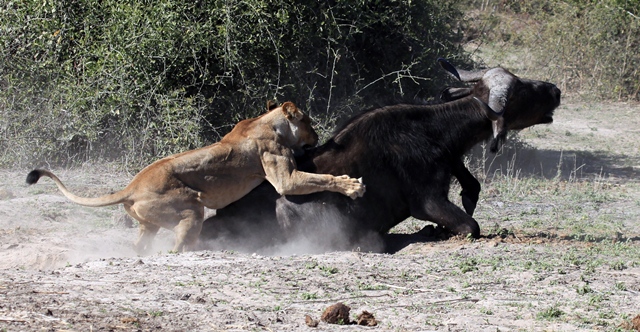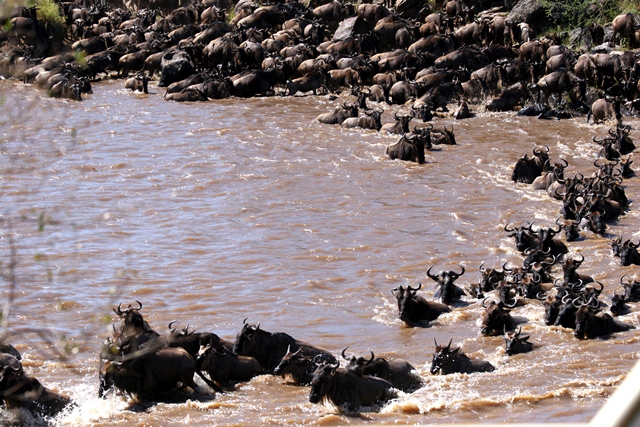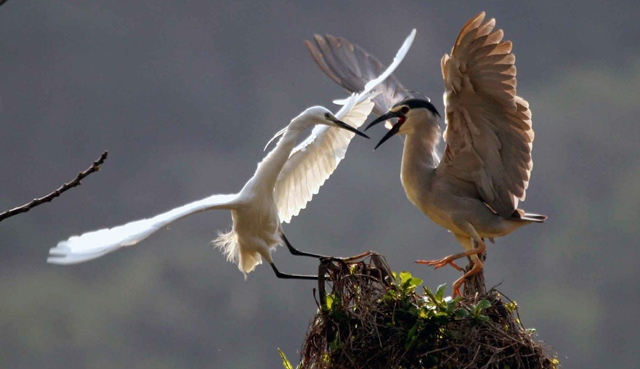Source: My UM
Prof Chen Huailin from the Department of Communication is a diehard photography enthusiast. For the last 20 years, he has deliberately shunned well-trodden tourist routes and has time and again travelled to the wilderness, sometimes with likeminded fellow travellers, sometimes by himself, to capture images of wildlife in its natural habitats. Having taught communication theory at UM for many years, Prof Chen opened a photography class last semester. To him, photography is like fishing: whether or not one catches any fish is secondary; what’s more important is to enjoy the process.
Lifelong Passion Begins with a Mysterious Box
Chen’s love of animals goes back to his childhood, when his parents used to often take him to the zoo and museums. Later, when he had the chance to watch programmes on TV, his favourite programmes were documentaries of wild animals. His first encounter with a camera was in the late 1960s. ‘The neighbor living upstairs had a camera from abroad. At the time our parents were too preoccupied with the Cultural Revolution to pay much attention to us, so we kids sometimes sneaked into this neighbour ’s house and“borrowed” the camera to take pictures. We even figured out how to develop and enlarge photos by ourselves. It was a small unremarkable box, and yet when you pressed the button, you eventually got a black-and-white picture. Boy was I blown away!’ he recalled, with a glint in his eyes, as if he were once again that young boy who stumbled upon the fascinating world of photography.
Pinching Pennies to Buy the First Camera
In 1974, Chen worked in a factory in northeast China, in response to Chairman Mao’s call for young people to go to the countryside. To buy a camera, he pinched one penny here and one penny there and finally saved up RMB 120, which was equivalent to four months’ salaries, and bought his first camera—a Seagull 120. In 1978, after the central government resumed the national college entrance examination, he was accepted by Fudan University’s journalism department. After graduating from Fudan University, he worked at Shanghai Television for a few years before going to the United States to study a PhD degree at the University of Wisconsin. During those years, his cameras have been his constant companions.
First Encounter with a Black Bear
‘Of course cities also have beautiful scenery,’ he said. ‘But I could still visit cities when I’m 80 if I want to. Africa is a different story. If I didn’t visit Africa now and waited until I was in my 80s, it would be a case of “The spirit is willing, but the flesh is weak.” ’ Every year he will join safari tours for holidays. So far he has visited Africa five times and has captured amazing scenes, such as the Great Migration in Africa, on his camera.
Contrary to popular belief that photographing wild animals is dangerous, Prof Chen says it is actually very safe as long as one obeys the rules and avoids becoming too emotional and making big movements. However , Chen has indeed had a few close shaves. Once, when backpacking through a temperate rainforest on his own, he had a chance encounter with a five-foot black bear just a few metres away. Remembering a tour guide once telling him that rule No 1 when encountering a bear in the wild is to never run, he summoned up his courage and forced himself to remain stock-still. For a while, he and the bear just stared at each other. Amusingly, it was the black bear that eventually got scared and climbed up a big tree. Another time, he was settling down in a tent in the Republic of Botswana, Africa, when he heard a big noise from above his head. It turned out the noise was made by an elephant rolling up leaves for food outside the entrance of the tent. He switched off his torch, reminding himself that wild animals normally won’t touch unfamiliar objects such as tents. So he just sat there without making a sound. At one point, he even dozed off. And when he woke up again, the elephant was gone.
Happiness Is Not Measured by Wealth
During our interview, Prof Chen showed us pictures of a fight between a buffalo and a lion he took in the Chobe National Park in the Republic of Botswana. It took him more than an hour to take those pictures. Asked if he felt afraid to watch the bloody battle, he said, ‘Survival of the fittest is the law of the jungle, and what we humans should do is to not intervene.’
‘Like taking pictures for news stories, photographing wild life is about capturing the moment,’ he said. ‘But it also takes luck and patience to have a good picture. Photography is like fishing. Whether you catch any fish in the end is secondary. The more important thing is to enjoy the process.’ The more firsthand experience he has had with wild animals, the more he comes to appreciate the beauty of a more primitive lifestyle and the truth that one’s happiness in life is not measured by material wealth.
Will he decide to pack up and live in the forest some day? ‘Probably not,’ he laughed. ‘I’m too used to the modern way of life in a city. Visiting the wilderness can only be done once in a while, as a break, to enrich your life, but I will continue to use my camera to provide a new perspective to how we think about nature.’

33171-81525

A battle between a buffalo and a lion on the Botswana savanna

The breathtaking scene of blue wildebeests migrating

A fight between an egret and a heron at the foot of the hill of the old campus. Prof Chen Huailin playfully dubbed this picture‘Shao Lin Kung Fu’.

Prof Chen Huailin can talk endlessly about photography
